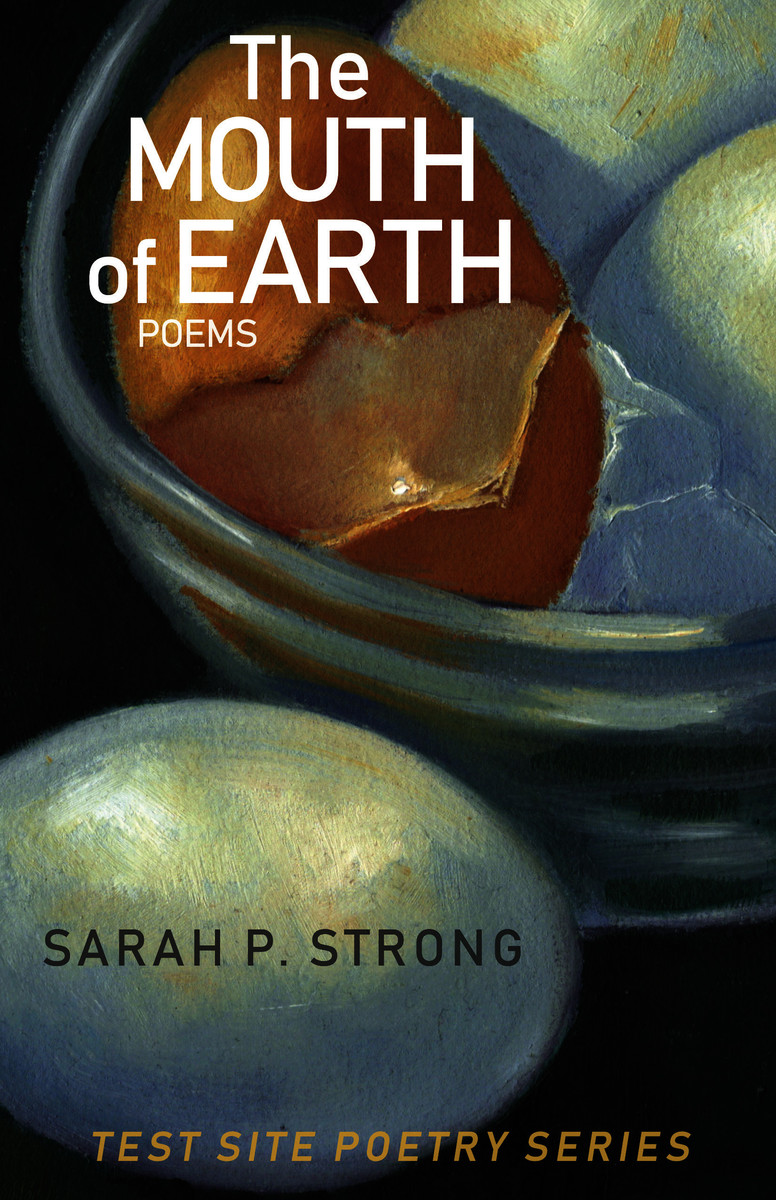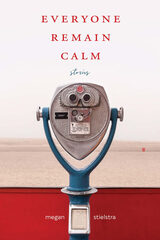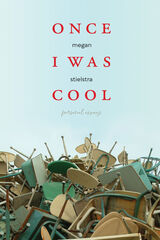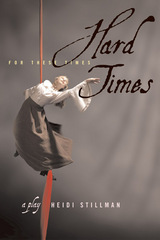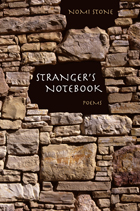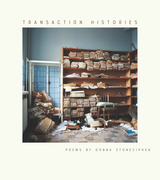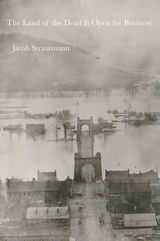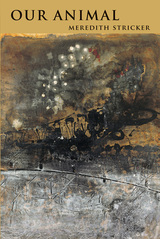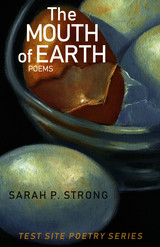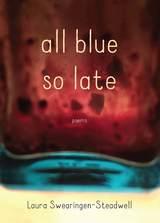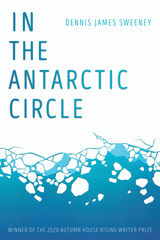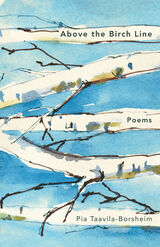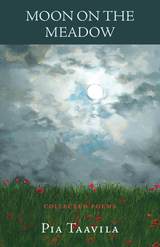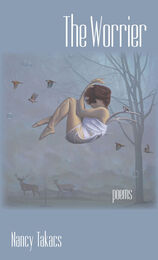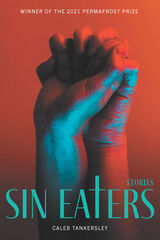The Mouth of Earth: Poems
University of Nevada Press, 2020
Paper: 978-1-948908-84-9 | eISBN: 978-1-948908-85-6
Library of Congress Classification PS3619.T78M68 2020
Dewey Decimal Classification 811.6
Paper: 978-1-948908-84-9 | eISBN: 978-1-948908-85-6
Library of Congress Classification PS3619.T78M68 2020
Dewey Decimal Classification 811.6
ABOUT THIS BOOK | AUTHOR BIOGRAPHY | REVIEWS | TOC | REQUEST ACCESSIBLE FILE
ABOUT THIS BOOK
In this timely and moving collection of poems, Sarah P. Strong explores what it means to live in a world undergoing an irrevocable transformation, the magnitude of which we barely comprehend. A broad range of perspectives shows us different times and places on Earth while unfolding the cyclical nature of human denial and response. A series of linked persona poems about the Dust Bowl recounts the destruction of the Great Plains and how human dreams of plenty destroyed the ancient fertility and stability of the land, how heartbreak and denial contended with bureaucratic insolence. In an imagined view of our planet as it might appear millennia from now, the Earth is "a worry stone / in the pocket of space, or a mood ring / on the finger of a newly minted / god."
The Mouth of Earth serves as both a survival guide for those seeking connection with our planet and one another as well as a compassionate tribute to what we have lost or are losing—the human consequences of such destruction in a time of climate crisis and lost connectivity. Strong’s powerful poems offer us, if not consolation, at least a way toward comprehension in an age of loss, revealing both our ongoing denial of our planet’s fragility and the compelling urgency of our hunger for connection with all life.
The Mouth of Earth serves as both a survival guide for those seeking connection with our planet and one another as well as a compassionate tribute to what we have lost or are losing—the human consequences of such destruction in a time of climate crisis and lost connectivity. Strong’s powerful poems offer us, if not consolation, at least a way toward comprehension in an age of loss, revealing both our ongoing denial of our planet’s fragility and the compelling urgency of our hunger for connection with all life.
See other books on: Animals & Nature | Earth | Mouth | Poems | Women Authors
See other titles from University of Nevada Press
